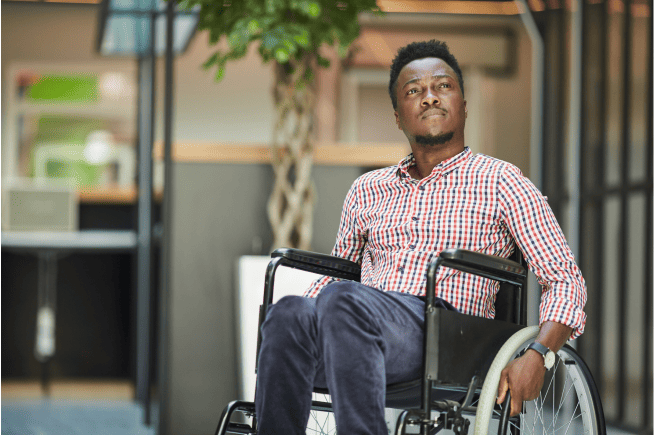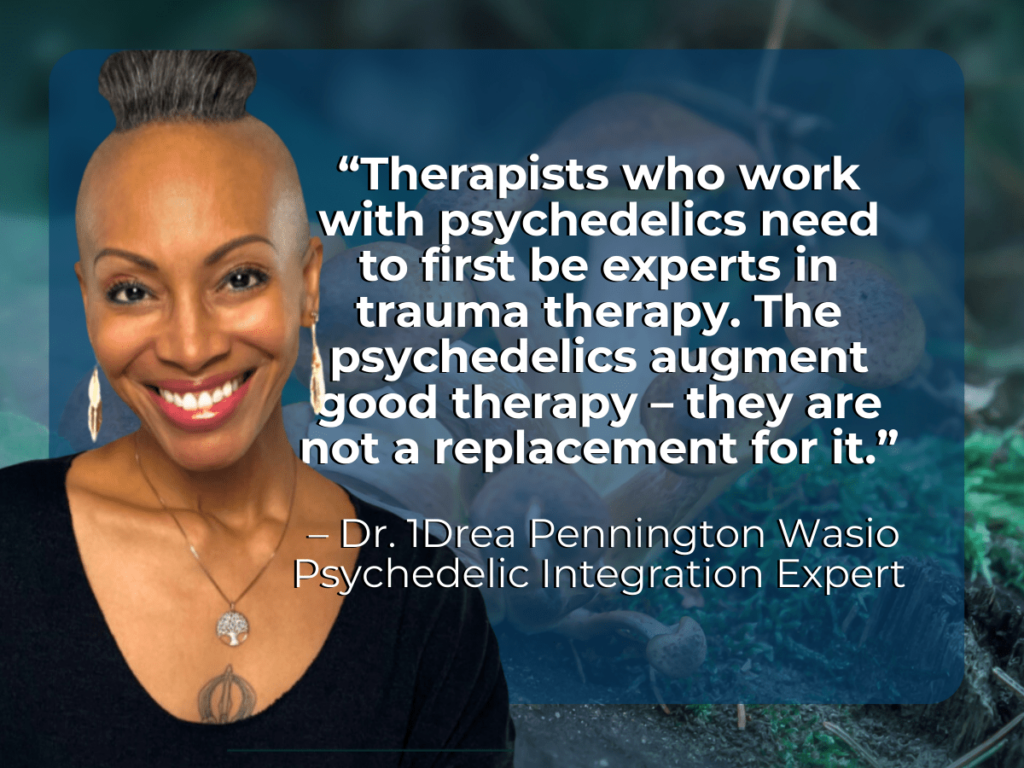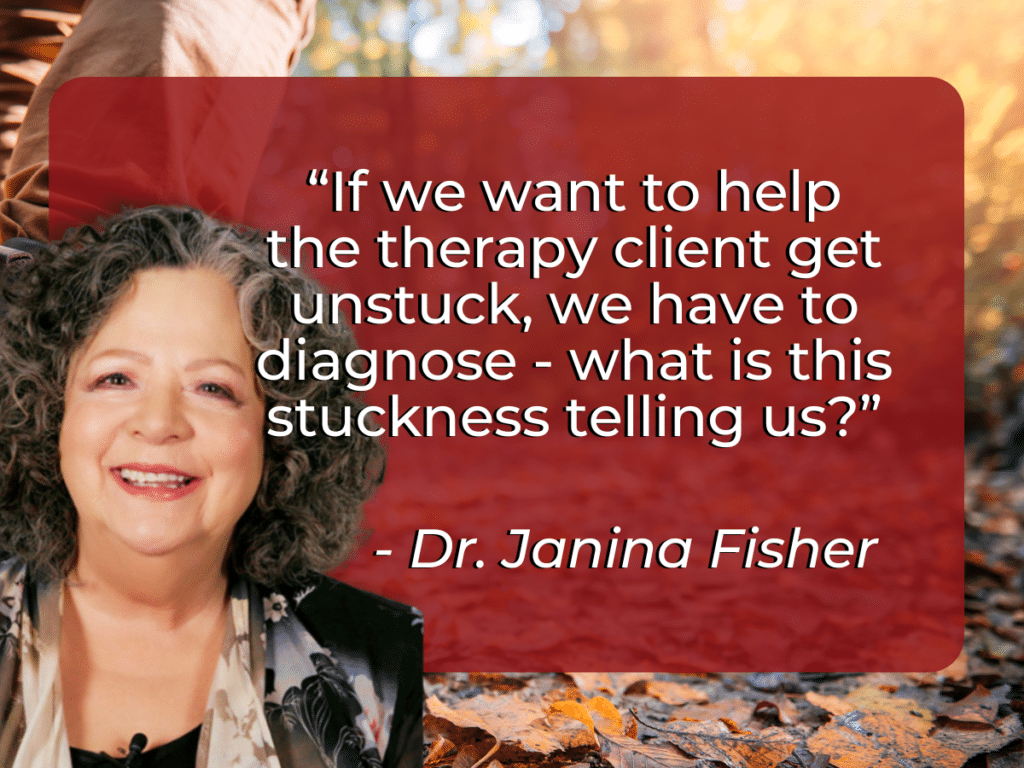
Trauma Therapy Training
Trauma Therapy Courses and Online Resources for Therapists

Why do therapists need trauma therapy training?
When you become a trauma-informed therapist, you have the knowledge and skills to recognize the signs and symptoms of trauma. You understand the impact of trauma on individuals and communities. And you know how to create a safe and supportive environment for clients to process their experiences.
These elements are critical to the healing and wellbeing of trauma survivors.
The best trauma training for therapists includes learning about the neurobiology of trauma, how trauma can manifest in behavior and emotions, and how to provide mental health care for clients with complex trauma.
How to become a trauma therapist?
As a mental health professional, you understand that trauma is a complex and multifaceted experience that requires ongoing and continuing education in trauma therapy.
Trauma can be caused by a variety of experiences such as physical and sexual abuse, neglect, natural disasters, war, and interpersonal violence. But therapists must recognize that each person's trauma experience is unique and diverse. By taking courses that focus on diverse trauma symptoms and therapy techniques, you can gain the knowledge and skills necessary to provide the best possible care for your clients.


The best trauma training for therapists includes cultural humility.
Cultural humility is another critical aspect of training for trauma therapy. As a therapist, you need to understand how your client's culture affects their experiences and beliefs, and how they experience and cope with trauma so you can provide appropriate interventions.
In addition, therapists must be aware of the impact of racism, marginalization, and oppression in their client’s lives. Our courses will help you recognize these forms of systemic trauma in your work.
Trauma-informed therapy courses should take into account the impact of trauma on the body.
Trauma can have a profound impact on the body and physical health. As a trauma-informed therapist, you will be able to recognize the physical symptoms of trauma and understand how trauma can manifest in the body. Likewise, the body can give us incredible access to healing trauma. Somatic trauma therapy is a fast-growing field that offers a direct and efficient path to healing for our clients.


Trauma and its impact on relationships
The role of attachment and relationships is another critical aspect of trauma-informed care.
Trauma can affect how individuals form and maintain relationships, so therapists must be aware of this impact. By taking courses that include relational impact, how to work with BIPOC couples and LGBTQIA+ relationships where privilege and systemic trauma are key issues, you can help your clients develop healthy relationships and overcome the negative effects of trauma on their relationships.
Even when taking a trauma therapy course online, we must emphasize self-care for the therapist.
It is essential to prioritize self-care for trauma therapists. When working directly with clients who present complex histories and difficult symptoms, therapists can feel overwhelmed. The emotional toll of trauma work can be challenging and draining, so developing a practice of self-care helps prevent burnout.
Our online trauma therapy courses recognize this need. We include self-care techniques and strategies so you can learn how to manage your emotional well-being and provide the best possible care for your clients.
Overall, courses that focus on trauma-informed care are essential for mental health professionals. Specialized trauma therapy training is key. This is why at Academy of Therapy Wisdom, we dedicate a large portion of our courses, bonus materials, lectures, and free therapist resources to helping you feel confident and well-trained on how to provide trauma-informed therapy.
Following is a selection of our best trauma training for therapists. We look forward to supporting you on your journey, helping you build your practice, and making the world a better place for each client you help.

Free Webinars: Trauma Informed Care (Free)
Join one of our internationally recognized trauma experts for a free trauma-informed-care webinar:

The Art of Intuition
with Frank Anderson (on demand)

Undoing the Damage:
with Janina Fisher (on demand)

Somatics, Social Justice, and Healing Trauma
with Staci Haines (on demand)
Trauma Therapy Courses On-Demand
Join your peers from around the world as you learn together and develop new skills from world-leading trauma therapy experts.

Healing the Fragmented Selves of Trauma Survivors
with Janina Fisher, PhD

Trauma-Informed Stabilization Treatment - TIST - Certification Training
with Janina Fisher, PhD

New Dimensions of Trauma Healing
with Frank Anderson, MD

Safety, Belonging, and Dignity
with Staci Haines

Systemic Trauma in Couples Therapy
with Akilah Riley-Richardson, MSW, CCTP

Wisdom of Movement
with De West, C-IAYT, RYT
Wise Conversations Trauma Library
These lectures and interviews between top scholars, therapists, and teachers shed important insight into key trauma topics you´ll want to learn more about.
Trauma Therapist Tips and Articles on Our Blog
On our therapy blog we´ve curated and crafted articles to help you better understand different trauma modalities and techniques, highlighting excerpts from some of our most popular course faculty.
© 2023 Academy of Therapy Wisdom






